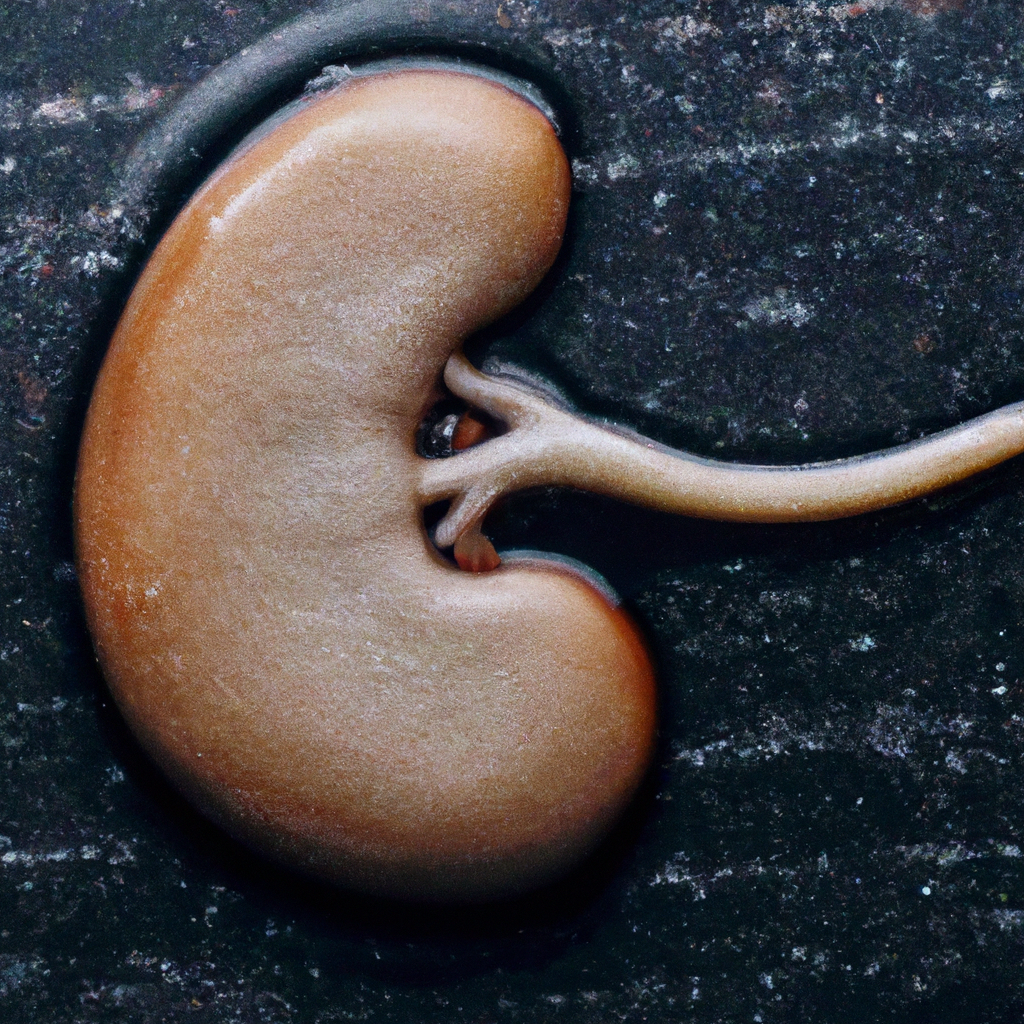-
Reading Roadmap
- Understanding the Risks of Heart and Kidney Disease in Type 2 Diabetes Patients with a Focus on Obesity
- Key Takeaways
- Introduction: The Interconnected Risks of Obesity, Diabetes, and Cardiovascular and Kidney Diseases
- The Role of Obesity in Type 2 Diabetes
- Heart and Kidney Disease Risks in Type 2 Diabetes Patients
- Preventing and Managing Obesity to Reduce Disease Risks
- Regular Monitoring and Early Detection
- FAQ Section
- 1. How does obesity contribute to type 2 diabetes?
- 2. Are type 2 diabetes patients more likely to develop heart and kidney diseases?
- 3. How can the risk of these diseases be reduced in type 2 diabetes patients?
- 4. What lifestyle changes can help manage obesity and diabetes?
- 5. Is medication or surgery necessary for obesity management?
- Conclusion: Tackling the Triple Threat of Obesity, Diabetes, and Heart and Kidney Diseases
- Key Takeaways Revisited
Understanding the Risks of Heart and Kidney Disease in Type 2 Diabetes Patients with a Focus on Obesity

[youtubomatic_search]
Key Takeaways
- Obesity is a significant risk factor for both type 2 diabetes and cardiovascular and kidney diseases.
- Patients with type 2 diabetes are more likely to develop heart and kidney diseases, especially if they are obese.
- Prevention and management of obesity can significantly reduce the risk of these complications in type 2 diabetes patients.
- Regular monitoring and early detection of heart and kidney diseases in type 2 diabetes patients can improve outcomes.
- Healthy lifestyle changes, including diet and exercise, are crucial in managing obesity, diabetes, and their associated risks.
Introduction: The Interconnected Risks of Obesity, Diabetes, and Cardiovascular and Kidney Diseases
Obesity is a global health crisis that significantly increases the risk of various chronic diseases, including type 2 diabetes, heart disease, and kidney disease. The interplay between these conditions is complex and multifaceted, with obesity often serving as the common denominator. This article delves into the risks of heart and kidney disease in patients with type 2 diabetes, focusing on the role of obesity.
The Role of Obesity in Type 2 Diabetes
Obesity is a major risk factor for type 2 diabetes. According to the World Health Organization, 90% of people with type 2 diabetes are overweight or obese. Obesity, particularly abdominal obesity, increases insulin resistance, leading to elevated blood sugar levels characteristic of type 2 diabetes.
Heart and Kidney Disease Risks in Type 2 Diabetes Patients
Patients with type 2 diabetes are two to four times more likely to develop cardiovascular disease than those without diabetes, according to the American Heart Association. Kidney disease, another common complication of diabetes, affects nearly 40% of people with diabetes, as reported by the National Kidney Foundation. Obesity exacerbates these risks, as it contributes to high blood pressure, high cholesterol, and inflammation, all of which can damage the heart and kidneys.
Preventing and Managing Obesity to Reduce Disease Risks
Preventing and managing obesity is crucial in reducing the risk of type 2 diabetes and its complications. This can be achieved through a combination of healthy eating, regular physical activity, and, in some cases, medication or surgery. Weight loss has been shown to improve blood sugar control, reduce blood pressure and cholesterol levels, and decrease inflammation, thereby reducing the risk of heart and kidney diseases.
Regular Monitoring and Early Detection
Regular monitoring of blood sugar, blood pressure, and kidney function is essential for early detection and management of heart and kidney diseases in type 2 diabetes patients. Early intervention can slow the progression of these diseases and improve patient outcomes.
FAQ Section
1. How does obesity contribute to type 2 diabetes?
Obesity, particularly abdominal obesity, increases insulin resistance, leading to elevated blood sugar levels characteristic of type 2 diabetes.
2. Are type 2 diabetes patients more likely to develop heart and kidney diseases?
Yes, patients with type 2 diabetes are two to four times more likely to develop cardiovascular disease and nearly 40% of them develop kidney disease.
3. How can the risk of these diseases be reduced in type 2 diabetes patients?
Preventing and managing obesity, regular monitoring of health parameters, and early intervention can significantly reduce the risk of heart and kidney diseases in type 2 diabetes patients.
4. What lifestyle changes can help manage obesity and diabetes?
Healthy eating, regular physical activity, and weight loss can help manage obesity and improve blood sugar control in diabetes.
5. Is medication or surgery necessary for obesity management?
In some cases, medication or surgery may be necessary for obesity management, especially if lifestyle changes are not enough.
Conclusion: Tackling the Triple Threat of Obesity, Diabetes, and Heart and Kidney Diseases
Obesity, type 2 diabetes, and heart and kidney diseases are interconnected health issues that pose significant risks to patients. Obesity is a major risk factor for type 2 diabetes, which in turn increases the risk of heart and kidney diseases. Preventing and managing obesity, regular monitoring of health parameters, and early intervention can significantly reduce these risks. Healthy lifestyle changes are crucial in this endeavor, and in some cases, medication or surgery may be necessary. By understanding these risks and taking proactive steps, patients can improve their health outcomes and quality of life.
[youtubomatic_search]
Key Takeaways Revisited
- Obesity significantly increases the risk of type 2 diabetes and its complications, including heart and kidney diseases.
- Prevention and management of obesity can reduce these risks.
- Regular monitoring and early intervention are crucial in managing these diseases.
- Healthy lifestyle changes are key in managing obesity and diabetes.
- In some cases, medication or surgery may be necessary for obesity management.

Leave a Reply